HK’s stand-up comedy scene has blossomed since the pandemic. Gigs are more frequent, the humor is more refined, and the city’s comedians are going places. Faye Bradley reports.
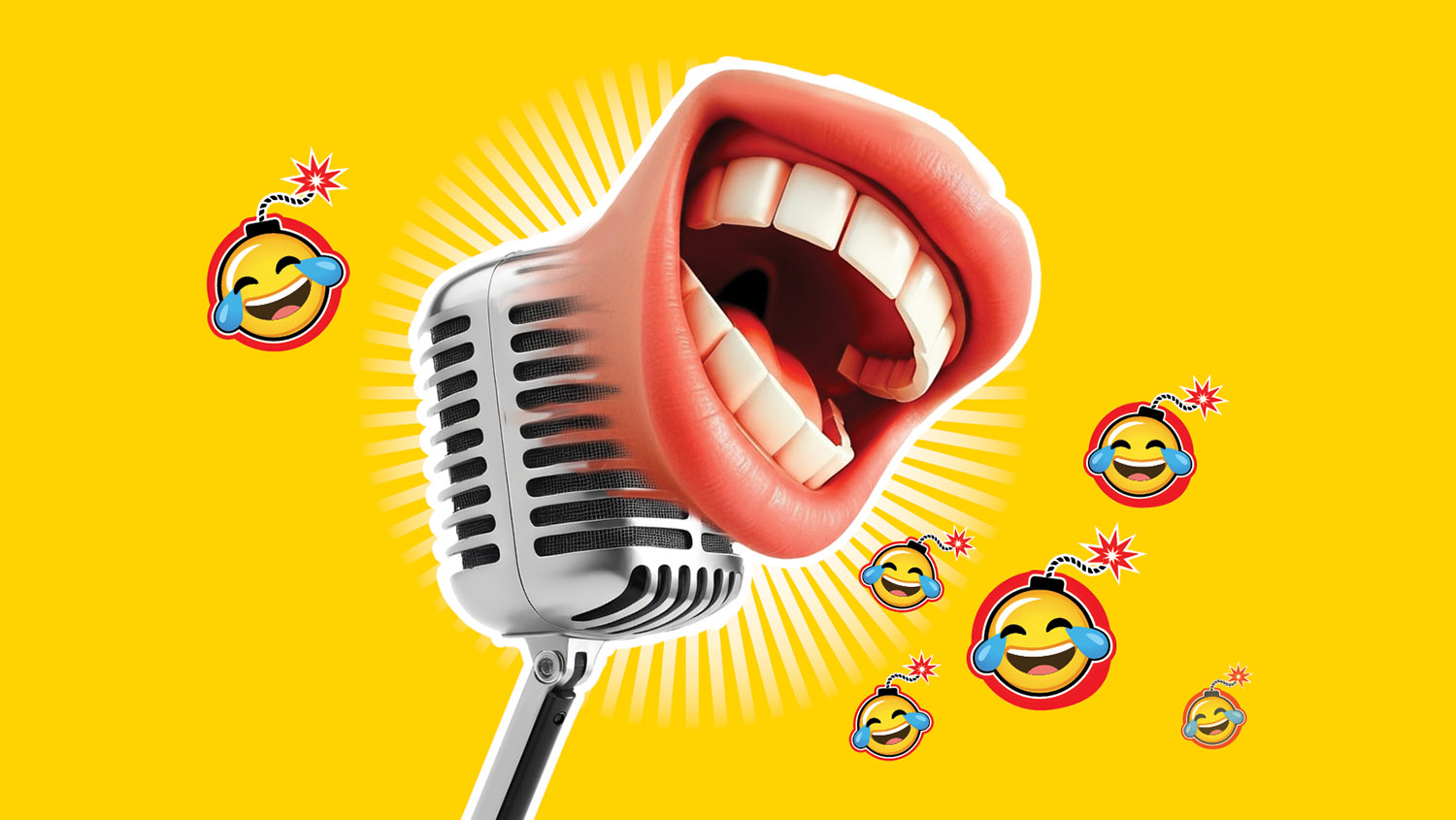
Earlier this year, Hong Kong-born American comedian Jimmy O Yang’s homecoming shows were sold out within minutes — not totally unexpected, given that the city has always demonstrated a healthy appetite for comedy. Local comedy legends like Stephen Chow, Dayo Wong, and the late Lydia Shum have proved time and again that humor can fill stadiums and theaters in this city.
In August, Chinese American comedian Joe Wong’s The Twin Tariff Show at the Kitty Woo Stadium in San Po Kong was a huge hit with the audience.
“Hong Kong people are open-minded and proud — they were my first supporters when I started doing stand-up in America,” Wong recalls. “Comedy makes me feel a sense of existence and joy, something I hope my shows bring to the audience here.” He adds that the multilingual format — English, Cantonese, Mandarin, and even a bit of “Chinglish” — of his Hong Kong shows makes them quite unique.
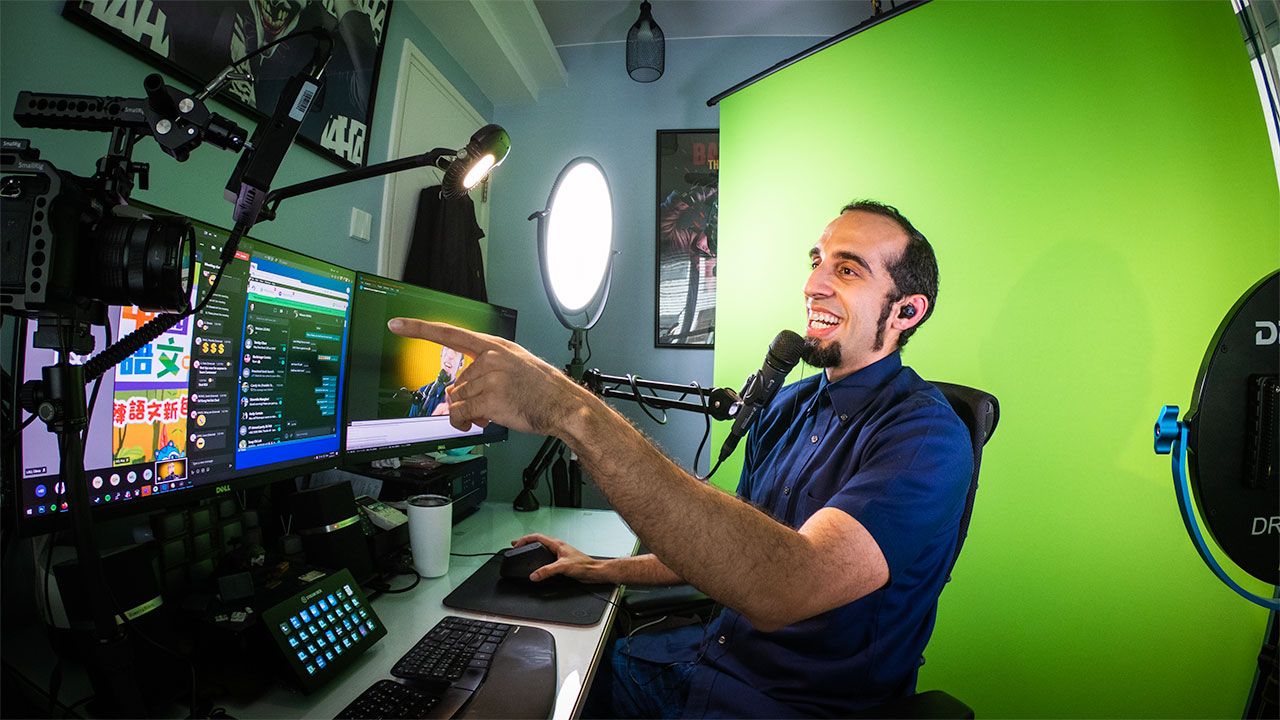
Vivek Mahbubani, a Cantonese-English comic act who opened for Yang’s show in June, says: “Hong Kong’s fast-paced life forces comedians to work harder for a good laugh.
“When I first tried stand-up in 2007, it was just a hobby — there was no real market,” says the Hong Kong-born comedian of South Asian ancestry. “By 2013, I had taken the leap to full-time comedy work, but it was not easy. The audience is supportive, but you have to constantly prove yourself.”
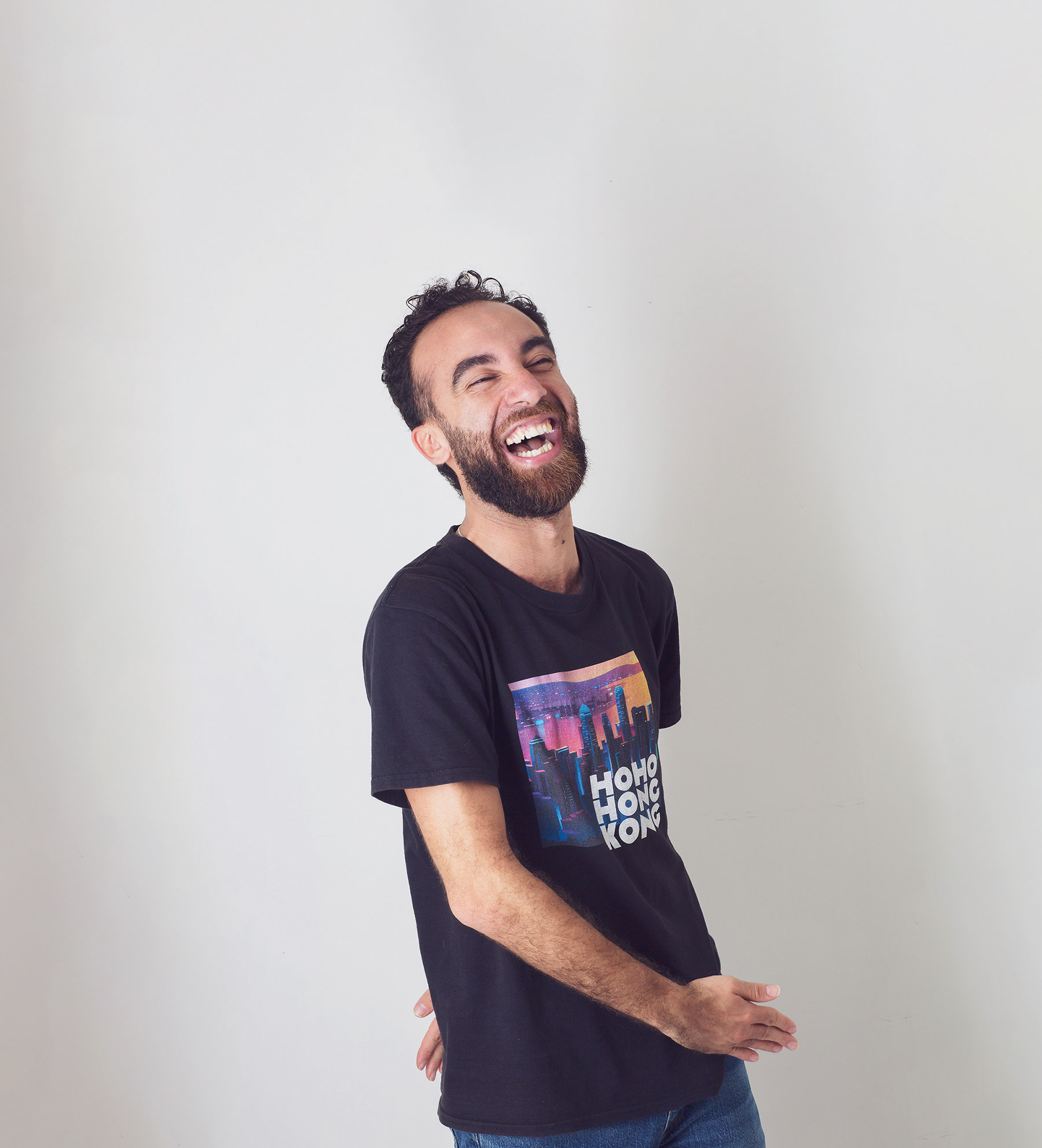
Emerging talent
Compared to cities in Europe and America, Hong Kong’s stand-up comedy scene is relatively young. The TakeOut Comedy Club is Hong Kong’s, and perhaps even Asia’s, first dedicated venue for fostering stand-up comedy culture. Since its 2007 opening, the club has been hosting weekly open mics, live shows, as well as providing a platform for emerging talent.
Founder Jami Gong says that the early days of trying to form the club were particularly tough. There weren’t many active stand-up comedians in Hong Kong at the time. “I knew that teaching stand-up comedy was essential to discover untapped talent, fresh material, and new audiences for its long-term growth.”

Thanks to Gong’s initiative, today Hong Kong boasts a thriving comedy scene, with shows held regularly at the Fringe Club, Bobby’s Ramble, Comedy.HK, and Backstage Comedy, among others.
Mohammed Magdi discovered his penchant for stand-up comedy while he was living in Shanghai. After moving to Hong Kong, he founded Backstage Comedy. “My experience as a comedian and a master of ceremonies (MC) helped me shape Backstage Comedy into Hong Kong’s go-to spot for professionally produced shows.” He claims that the fare served at Backstage Comedy is different — “a step above typical bar gigs or basement sets”.

A side gig for many
While stand-up comedy is the mainstay of Gong, Magdi, and Mahbubani, most comic acts in Hong Kong rely on other jobs to put food on the table. Garron Chiu, a finalist at the Hong Kong International Comedy Competition several times over, has a day job in advertising. “There are less than a handful of comics in Hong Kong who do this full time,” he says. “For the rest of us, it’s a rewarding side hustle. We know that we likely won’t be famous, so the only objective is to make people laugh.”
Software developer Angus Cheng started performing at open mics in 2022. He says that making a sustainable living from doing stand-up gigs in Hong Kong is next to impossible. “We need to create other types of online content to reach a wider audience,” he suggests.
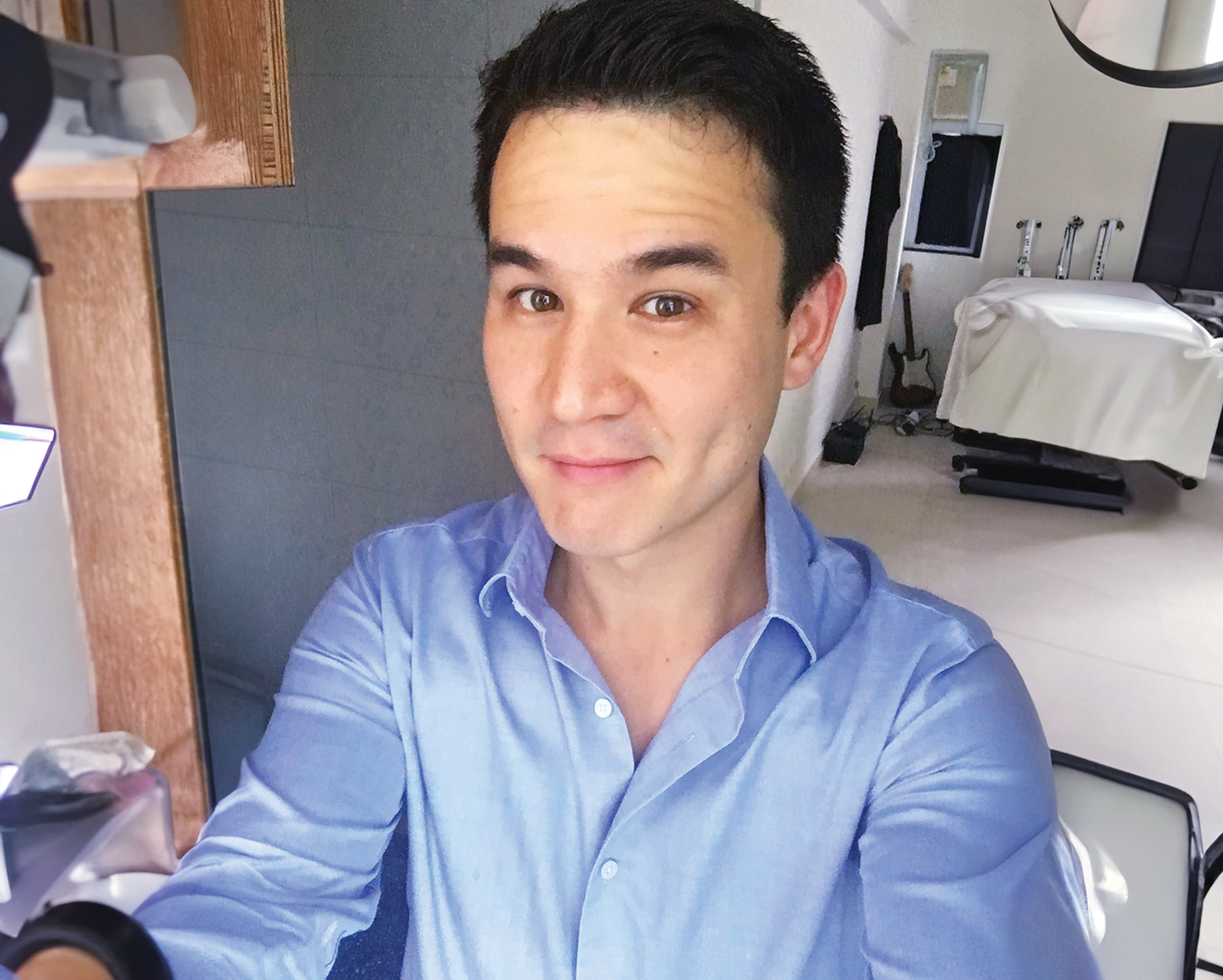
Tim Chan, who performs in both Cantonese and English, says that Hong Kong comedians can look to supplement the income from stand-up gigs with that from related occupations, such as MC-ing and teaching the craft of comedy, as he himself does.
Maitreyi Karanth, who will be performing her one-woman stand-up comedy show, Matriarchy, at the Hong Kong Arts Centre in January, runs a charity when she is not doing comedy work. “There is a lot of talent here, and a great deal of upcoming talent as well,” she says. “It’s a booming scene.”
She adds that the world needs more female comedians. Getting the approval to perform solo at a prestigious 400-seat Hong Kong venue “was a glass-ceiling-shattering moment, but there’s still a long way to go”.
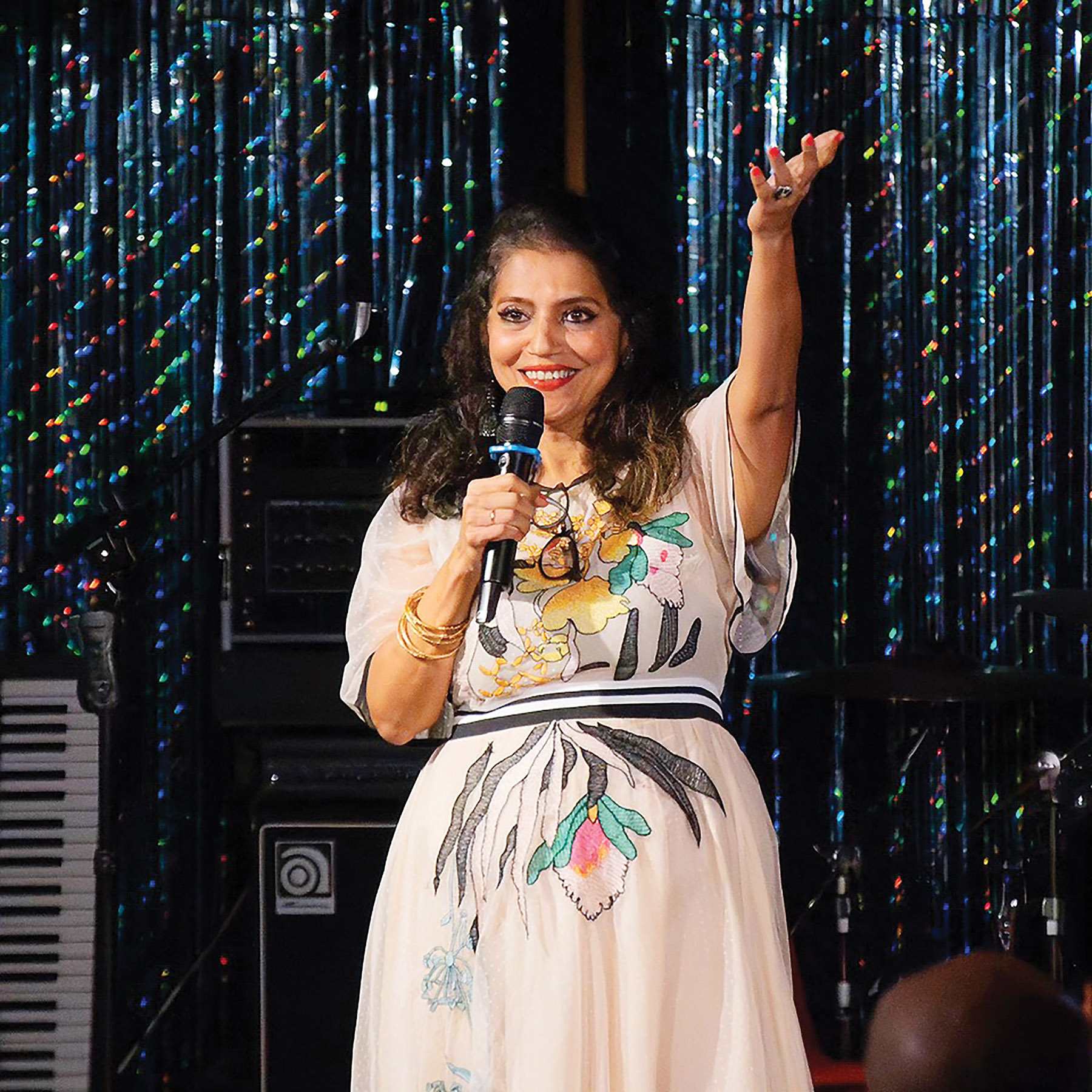
What the audience wants
Being able to adapt one’s material to the demands of the audience is vital in this business. “People of different ages appreciate different types of humor,” says Chan. “Younger audiences seek novelty and are generally open to edgier content. Mature audiences, especially if they are attending with family members, prefer clean and clever jokes.”
He adds that those who attend his Cantonese-language shows want relatability — looking for references to everyday life in the city, and stories from local news. Those coming to his English shows are often curious about life in other cultures.
“Hong Kong crowds want value for money,” says Mahbubani. “Once they like you, they’re loyal. But you can’t make them feel that you’re laughing at them — it’s about laughing together.”
The heterogeneity of a Hong Kong audience can be both a challenge and a joy — the latter, mostly. As Shanghai-born comedy artist Wang Jiayi, whose stage name is You Baiwan, says, “When people from different backgrounds laugh at the same joke, the room feels united.”

Chinese Nigerian actor and comedian Caro Chan says she enjoys seeing newer faces in the audience, “from various parts of the world, including the (Guangdong-Hong Kong-Macao) Greater Bay Area”. She adds that the comedy scene in Hong Kong reflects the city in a microcosm. “It showcases the diverse experiences and stories of the people who call this vibrant metropolis home. This rich tapestry of backgrounds and narratives makes the comedy scene particularly fascinating, as it offers a unique lens through which to explore the lives of its residents.”
Comedy.HK founder Chris Musni adds that the Hong Kong audience demonstrates an internationally oriented temperament.
This might be one of the reasons behind Yang’s extraordinary popularity in Hong Kong. Kenny Ng Kwok-kwan, associate professor at the Academy of Film, Hong Kong Baptist University, says, “Although Yang’s stand-up performances are primarily in English, local audiences embrace him as one of their own — a Hong Kong-born entertainer who made it big abroad and returned with humor that speaks to shared experiences.
“His humor taps into themes that are universally understood in Hong Kong: immigrant struggles, Asian family dynamics, and the quirks of cross-cultural life.”
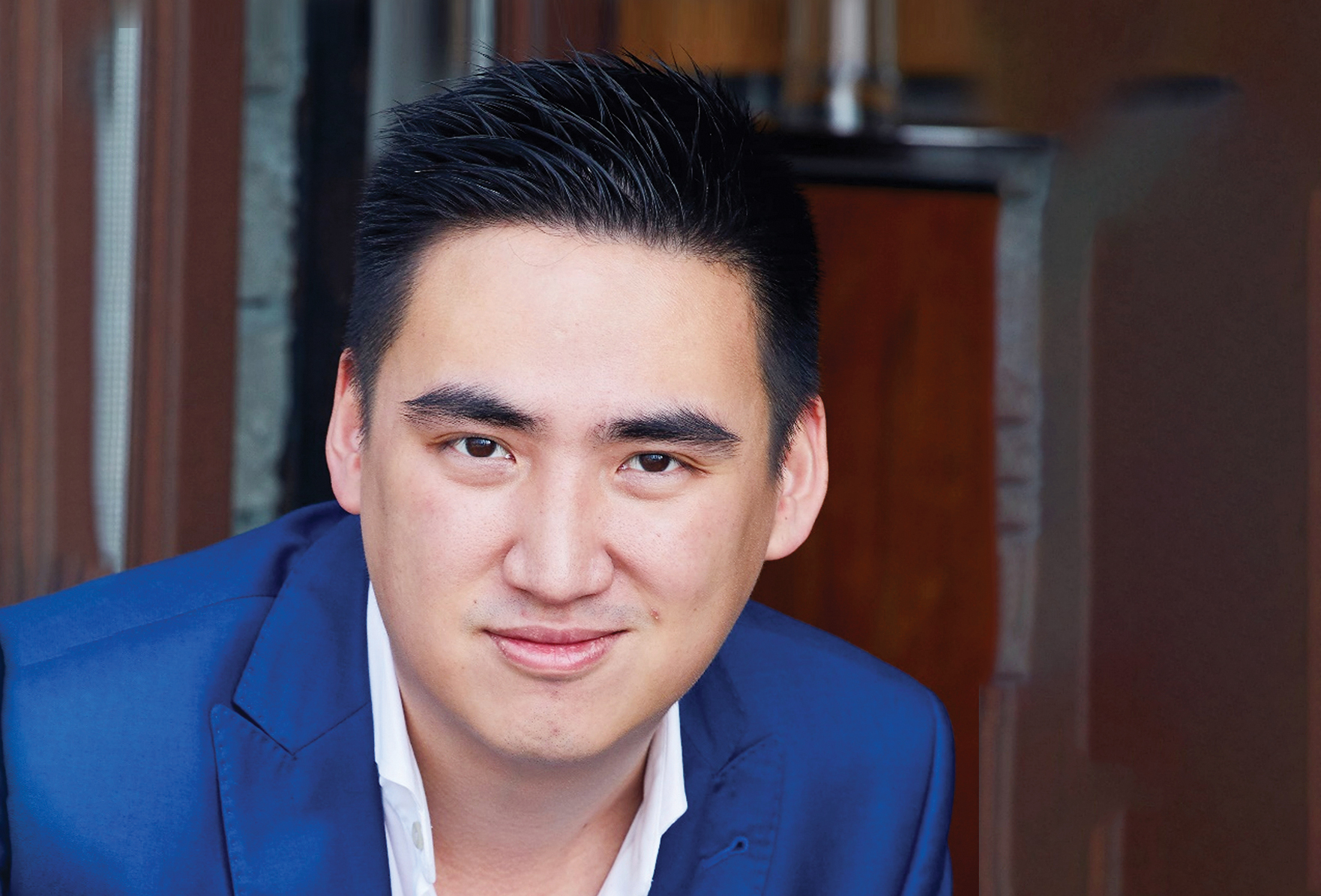
Post-pandemic boom
Hong Kong’s stand-up comedy scene bounced back into life after the enforced break during 2020-23, caused by the COVID-19 pandemic.
“The Hong Kong comedy scene didn’t just recover after COVID — it grew,” says Magdi, who was inspired by the city’s appetite for humor to start Hong Kong Comedy Season. The inaugural edition ran from Aug 13 through Sept 27, and featured around 35 artists, performing in five languages — Cantonese, Mandarin, English, Hindi and French — in six different venues, including BaseHall and The Mills. Though some of the shows were postponed because of recurring typhoons, the overall turnout has encouraged the organizers to make the event an annual feature.
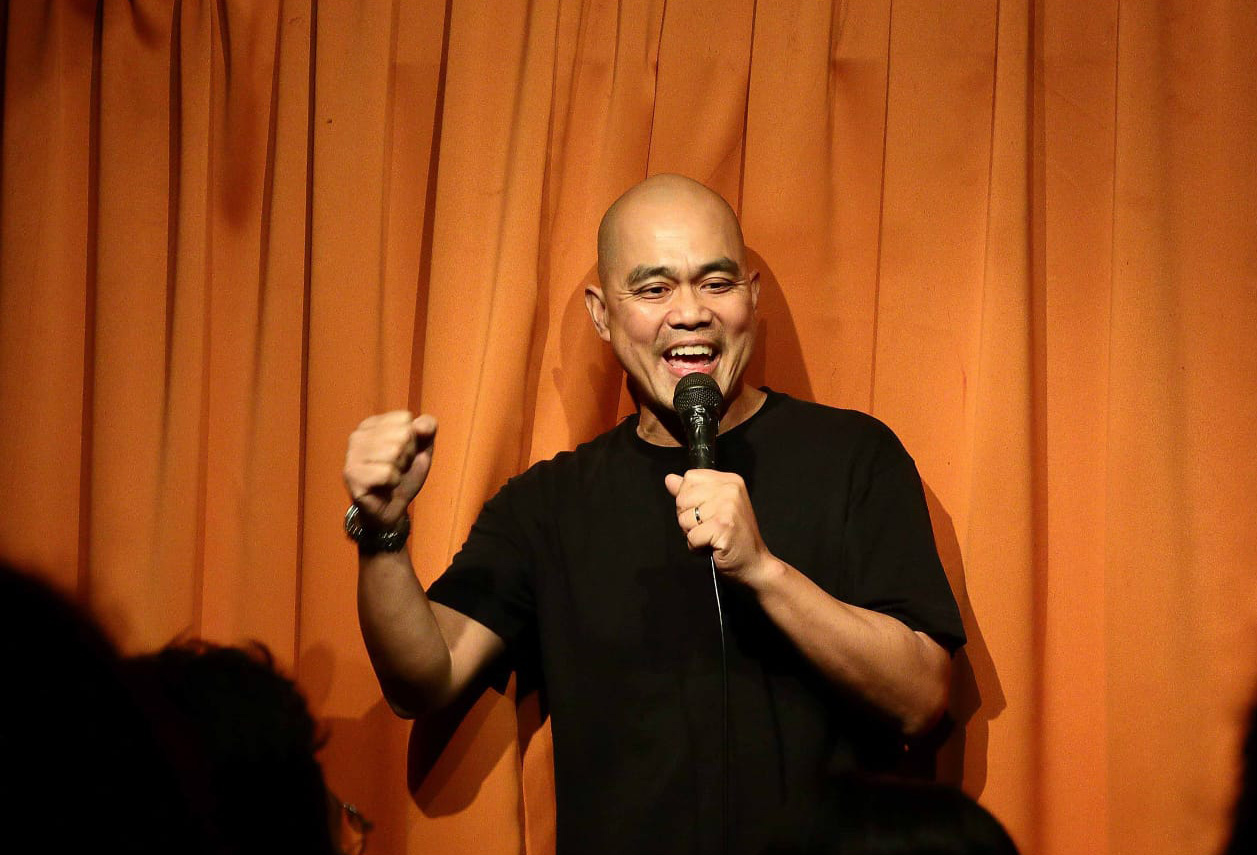
Despite the odds, many Hong Kong comedians sound grateful for the opportunity. “In some markets, comedians pay to perform,” Chiu says, adding that in Hong Kong, while the rates are modest, unpaid work is unheard of. “There’s a friendliness to the infrastructure here that keeps it healthy.”
“We’re spoiled in Hong Kong in some ways,” says Karanth. “Producers respect us, audience members are supportive.” Her only regret is that stand-up comedy is still too niche in Hong Kong. “Many people still don’t know that it exists here.”
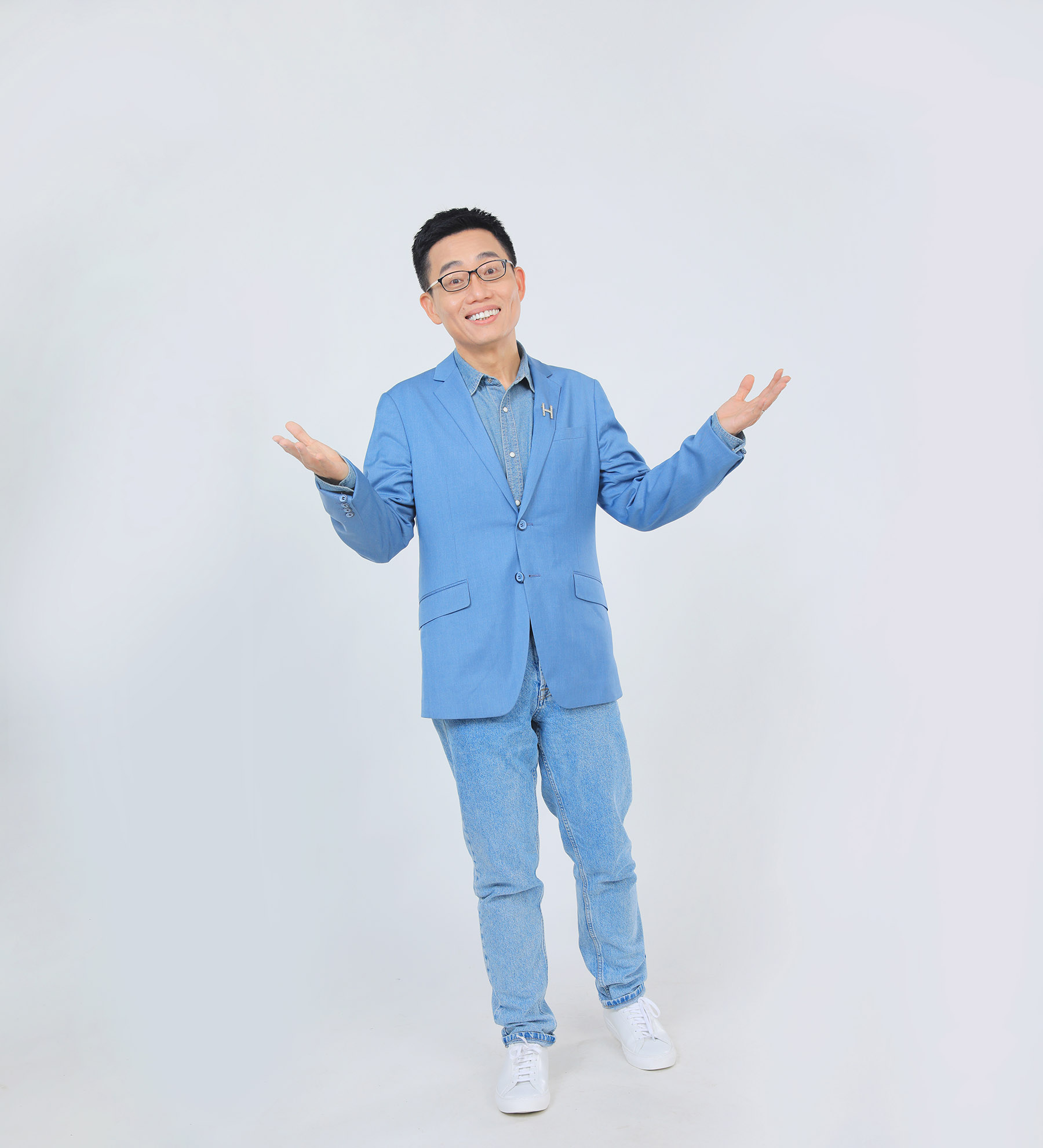
Stumbling blocks
While social media can play a significant role in increasing visibility, this may not be an unmixed blessing for Hong Kong comedians. As Magdi says, “Many new comedians chase viral moments instead of honing their craft.” He believes that the artists who succeed online are usually the ones that “mastered the craft through years of live performance”.
Wang keeps her online activities free of her comedy work. “I only post funny videos — nothing to do with my stand-up act — so that I can learn and improve without my fans seeing me bomb.”

At the end of the day, stand-up comedy is a live art, says Chiu. “Connect with your audience first. Everything else follows.”
Optimism is running high in Hong Kong’s tiny stand-up comedians’ community. “The sky is the limit,” says Magdi. “Many of us tour the world — Russia, Myanmar, the United Arab Emirates, ... Cambodia. You never know where the stand-up journey will take you.”


